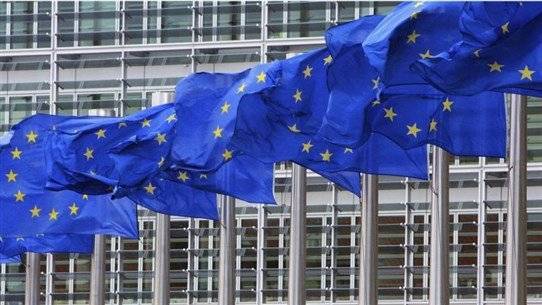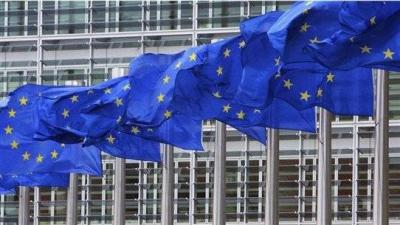European discontent regarding the political authority's inaction in Lebanon has been rising due to their failure to take necessary measures to save the situation in the country. Europeans do not see any positive or serious "action" from the political authority and officials in Lebanon, nor any urgency in working to curb the rapid collapse. Notably, the European Union and its member states issued a strongly-worded statement several days ago, but it did not receive the expected response in Beirut. Reports indicate that the European atmosphere will become increasingly negative, especially after the return from the annual holiday in August, whether at the level of the European Parliament or European institutions.
For the Europeans, the solution is quite simple: it involves passing the three remaining laws, namely the public budget law, the capital control law, and the regulation of the banking sector, after which the agreement with the International Monetary Fund can be signed, the judicial investigation into the Beirut port explosion can be resumed, justice can be achieved, and a president can be elected within the constitutional timeframe. If these demands are met, it will no longer be difficult to navigate out of the current impasse that Lebanon finds itself in.
According to European diplomatic sources, there is blame for the current situation, a sentiment echoed by EU officials from Gulf countries, impacting their perspective, especially since the EU seeks to develop its relationships with Gulf nations, specifically Saudi Arabia. The sources indicate, via "Akhbar Al-Yawm" agency, that France's perspective is important within the EU, with President Emmanuel Macron playing a key role in shaping the union's view towards Lebanon. This means that if tensions or escalations in language or negative practices towards Lebanon occur, France will serve as the advisory or coordinating face for such actions.
Nevertheless, European aid will not be withheld from Lebanon and will continue to reach the Lebanese people, albeit not through official institutions due to a lack of trust in them. This has prompted Lebanese Foreign Minister Abdullah Bou Habib in the caretaker government to assert that this approach undermines state institutions. Furthermore, according to European sources, the EU disagrees with Lebanese statements regarding Syrian refugees, as the refugee issue is fundamental to relations with Lebanon. The Europeans believe that the Lebanese state has hosted these refugees and faced the burden but that addressing this issue should be done differently "and without a commotion." If Lebanon could engage in dialogue with the Syrian side and facilitate their return, the EU would suffice with a statement, and the matter would end there.




